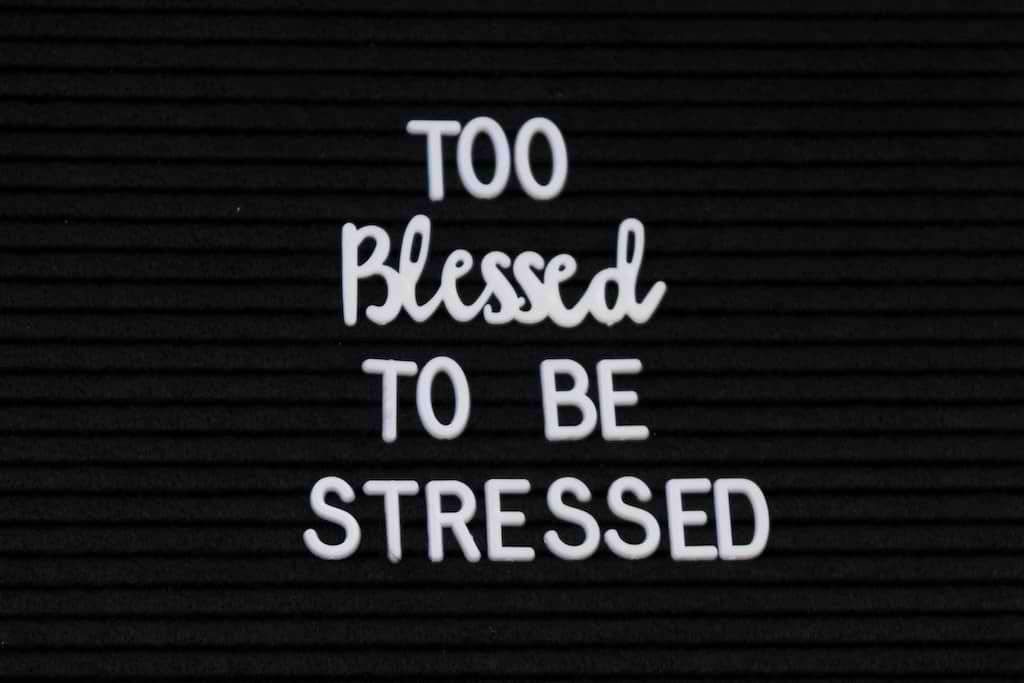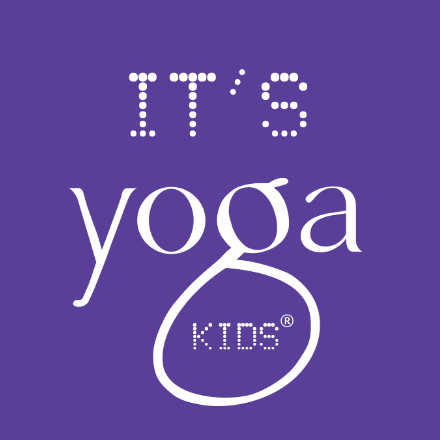
Stressed or Blessed? Healthy Habits to Balance Stress
Anxiety is the most common mental-health disorder in the United States, affecting nearly one-third of both adolescents and adults, according to the National Institute of Mental Health. Growing up is stressful. How do we help kids manage the demands of our time? Yoga teaches these three practices:
- Move Your Body: Awareness
- What’s going on inside of me
- What’s going out around me
Movement releases tension in the body. Meditation and mindfulness bring awareness and allows kids to reflect and manage their changing bodies and brains. Ultimately, these habits of body and mind as well as those for healthier habits at home can inform their choices in life helping them to act with kindness – the ultimate social capital.
- Reset Your Mindset: Attitude & Approach
- Reframing stress to tension
- Negative to positive
Research in brain and behavior science instead reveals that it is the compounding impact of our habits and self-narratives that really matter. But how do we set the foundation for those habits and stories? Where do they begin? What is it that sets our course and fuels us forward?
- Balancing Effort and Ease: Action
- Finding flow for kids
- Exploring purpose
Developmental psychologist and Director of the Stanford Center on Adolescence Dr. William Damon addresses this need to cultivate motivation and aim in his book, The Path to Purpose: How Young People Find Their Calling in Life. Dr. Damon believes that a clear sense of purpose inspires young people and gives them direction. He makes the case that high standards alone are not enough to support success. In his words:
“Purpose is a stable and generalized intention to accomplish something that is at the same time meaningful to the self and consequential for the world beyond self. Purpose endows a person with joy in good times and resilience in hard times, and this holds true all throughout life.”
True purpose, he says, has to be of consequence beyond the individual.
